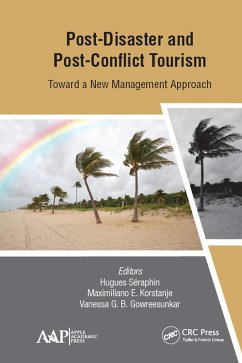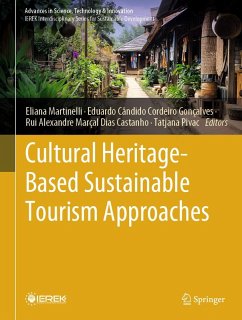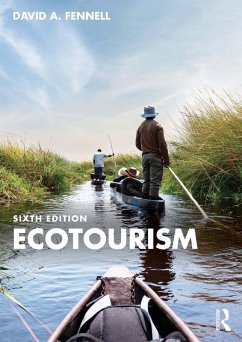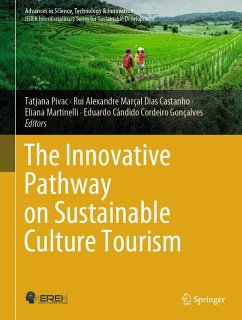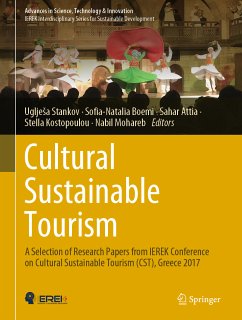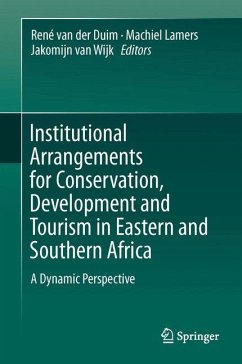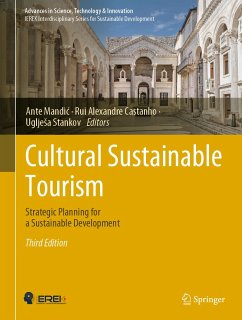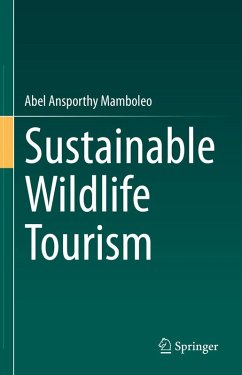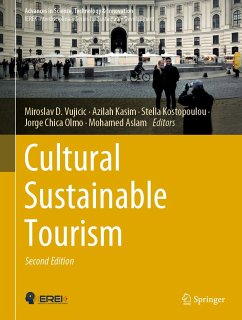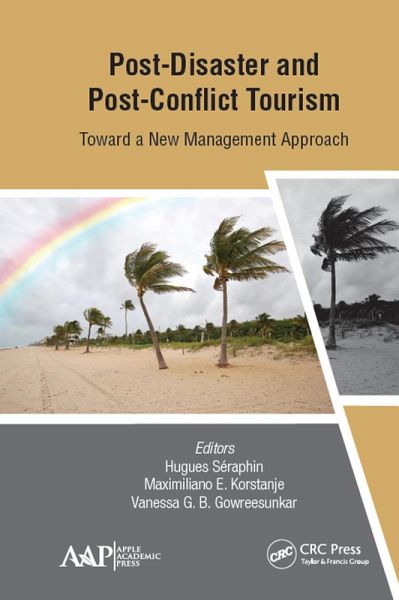
Post-Disaster and Post-Conflict Tourism (eBook, PDF)
Toward a New Management Approach
Redaktion: Korstanje, Maximiliano E.; Gowreesunkar, Vanessa G. B.; Séraphin, Hugues
Versandkostenfrei!
Sofort per Download lieferbar
114,95 €
inkl. MwSt.
Weitere Ausgaben:

PAYBACK Punkte
57 °P sammeln!
Post-disaster and post-conflict tourism has recently emerged as a prominent topic of research and considers new risks that jeopardize tourism travel to destinations that have recently experienced climate-related disasters, civil conflicts, and other challenges. This volume presents a host of innovative strategies that could be adopted by post-colonial, post-conflict, and post-disaster destinations to encourage travel and tourism in these areas.Policymakers are focusing their efforts on identifying and eradicating external and/or internal risks in order to protect the tourism industry in their ...
Post-disaster and post-conflict tourism has recently emerged as a prominent topic of research and considers new risks that jeopardize tourism travel to destinations that have recently experienced climate-related disasters, civil conflicts, and other challenges. This volume presents a host of innovative strategies that could be adopted by post-colonial, post-conflict, and post-disaster destinations to encourage travel and tourism in these areas.
Policymakers are focusing their efforts on identifying and eradicating external and/or internal risks in order to protect the tourism industry in their regions, in line with a new spirit that is clearly orientated toward mitigating risks. This capacity of adaptation suggests two important things that are at the heart of this book. On the one hand, tourism serves as a resilient mechanism that is helping destinations in their recovery strategy. On another hand, this raises ethical issues related to tourism consumption.
Policymakers are focusing their efforts on identifying and eradicating external and/or internal risks in order to protect the tourism industry in their regions, in line with a new spirit that is clearly orientated toward mitigating risks. This capacity of adaptation suggests two important things that are at the heart of this book. On the one hand, tourism serves as a resilient mechanism that is helping destinations in their recovery strategy. On another hand, this raises ethical issues related to tourism consumption.
Dieser Download kann aus rechtlichen Gründen nur mit Rechnungsadresse in A, B, BG, CY, CZ, D, DK, EW, E, FIN, F, GR, HR, H, IRL, I, LT, L, LR, M, NL, PL, P, R, S, SLO, SK ausgeliefert werden.




